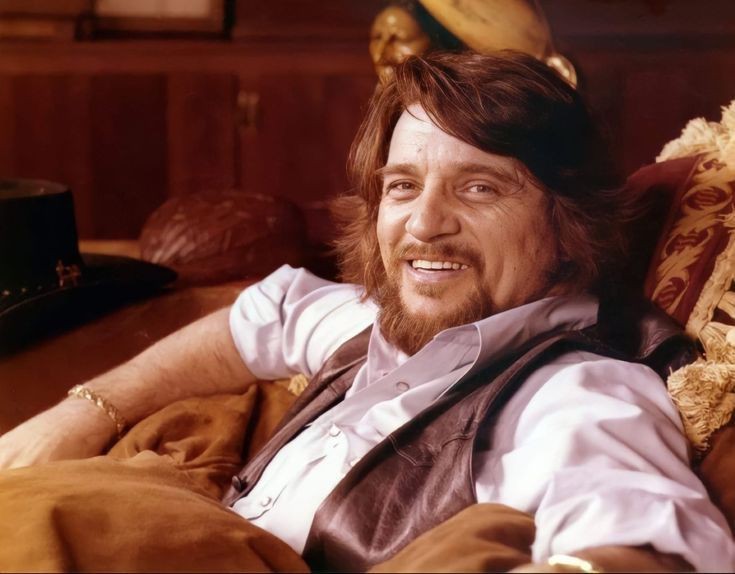
A Ballad of Contradictions: Devotion, Freedom, and the Woman Who Loved Him Anyway
Released in 1972 on the landmark album Good Hearted Woman, Waylon Jennings’ title track became a defining anthem of the outlaw country movement and a pivotal moment in Jennings’ career. Co-written with fellow rebel Willie Nelson, the song ascended to No. 3 on the Billboard Hot Country Singles chart and later reached even greater heights when re-recorded as a duet with Nelson in 1976, peaking at No. 1 on the same chart. But beyond its commercial success, Good Hearted Woman resonated as a cultural turning point—a raw testament to flawed masculinity tempered by unconditional love.
The origin story of the song is now steeped in country lore: Jennings and Nelson, holed up in a Fort Worth motel room during a poker game, crafted its bones after Jennings was inspired by a newspaper blurb describing Tina Turner as a “good hearted woman loving a two-timing man.” That phrase lingered in his mind like a confession. In it, he found both reverence and remorse—a lyrical contradiction that mirrored the tempestuous lives they were living and the women who loved them through it all.
The genius of Good Hearted Woman lies in its deceptively simple structure—a mid-tempo honky-tonk shuffle that belies its emotional complexity. It tells the story of a woman devoted to a man who “loves the nightlife,” who “loves her in spite of the ways that she don’t understand.” The tension between admiration and guilt runs thick throughout every verse. Jennings does not paint himself as unworthy; rather, he acknowledges that her love exists outside of reason, not because he deserves it, but perhaps because she sees something redeemable where others might see only fault.
Musically, the song bridges traditional country instrumentation—steel guitars, brushed drums—with the unpolished grit that came to define outlaw country. Jennings’ baritone doesn’t plead for forgiveness so much as surrender to her grace. There’s no grand epiphany here, no vow to change his wandering ways. Instead, there’s an almost resigned acknowledgment that real love sometimes persists not because of virtue, but in spite of vice.
Good Hearted Woman endures because it taps into an eternal human truth: relationships are rarely symmetrical. The song is an ode to those who love freely and fiercely, even when their devotion goes unreciprocated or misunderstood. For Jennings and Nelson—men whose mythologies often overshadowed their vulnerabilities—it was an unusually honest gesture toward emotional indebtedness. The track became more than a hit; it became a kind of secular hymn for men reckoning with their own contradictions and for women whose strength lay not only in loyalty but in resilience.
In revisiting this classic, we hear not just the swagger of outlaws but the ache of men humbled by love they couldn’t fully grasp or deserve. Good Hearted Woman is more than a cornerstone of outlaw country—it’s an elegy for imperfect partnerships and a quiet celebration of those who stay anyway.